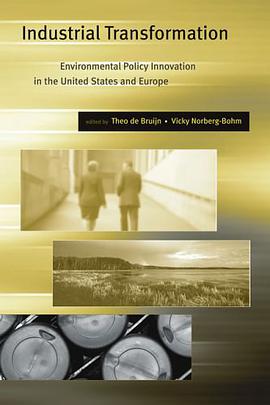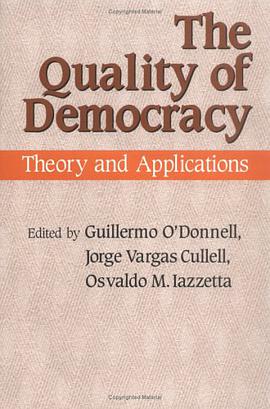

The United States and European countries are experimenting with a new generation of policy approaches for combating environmental degradation. Industrial Transformation evaluates the effectiveness of twelve innovative voluntary, collaborative, and information-based programs, focusing particularly on the effectiveness of these programs in bringing about industrial transformation -- changes in production and consumption structures that will help move their societies toward environmental sustainability.The twelve programs analyzed have the potential to create incentives for industry leadership, stimulate beyond-compliance behavior, address environmental degradation not currently regulated, and encourage innovative solutions by involving a wide range of stakeholders. The programs -- six in the United States and six in Europe -- include Energy Star product labeling in the United States, R&D collaboration in US Department of Energy programs, the US Toxic Release Inventories, the EU's Eco-Audit Regulation in the UK, the Dutch Target Group Policy, and the German End-of-Life Vehicles Program. The comparative analysis of the twelve programs proves that these new approaches are not a panacea for industrial transformation. Taken together, the cases provide a range of experience from which to draw lessons for future policy design.
具体描述
读后感
评分
评分
评分
评分
用户评价
相关图书
本站所有内容均为互联网搜索引擎提供的公开搜索信息,本站不存储任何数据与内容,任何内容与数据均与本站无关,如有需要请联系相关搜索引擎包括但不限于百度,google,bing,sogou 等
© 2025 book.wenda123.org All Rights Reserved. 图书目录大全 版权所有




















